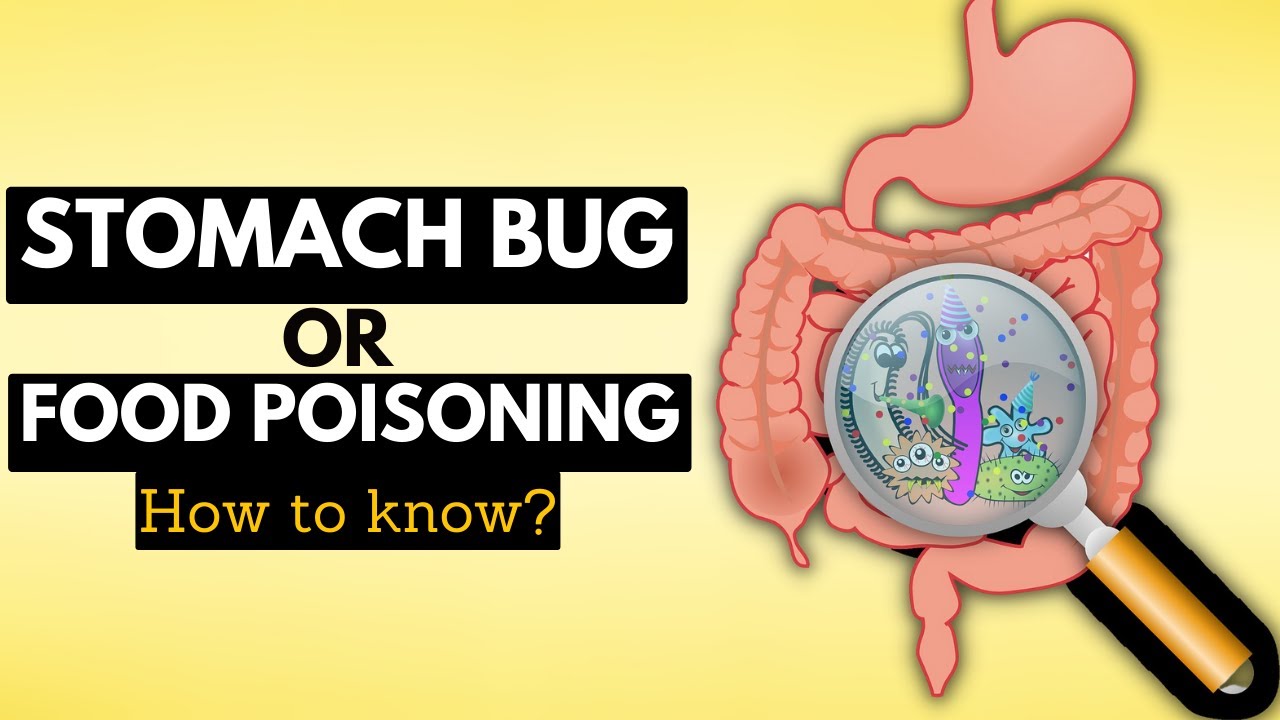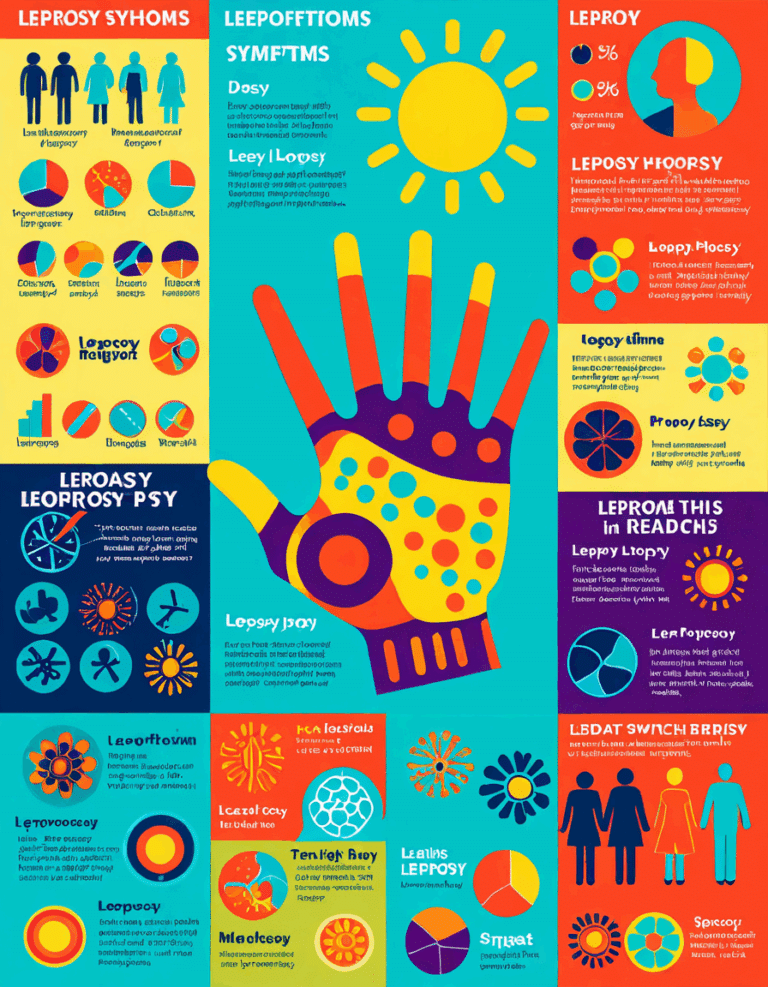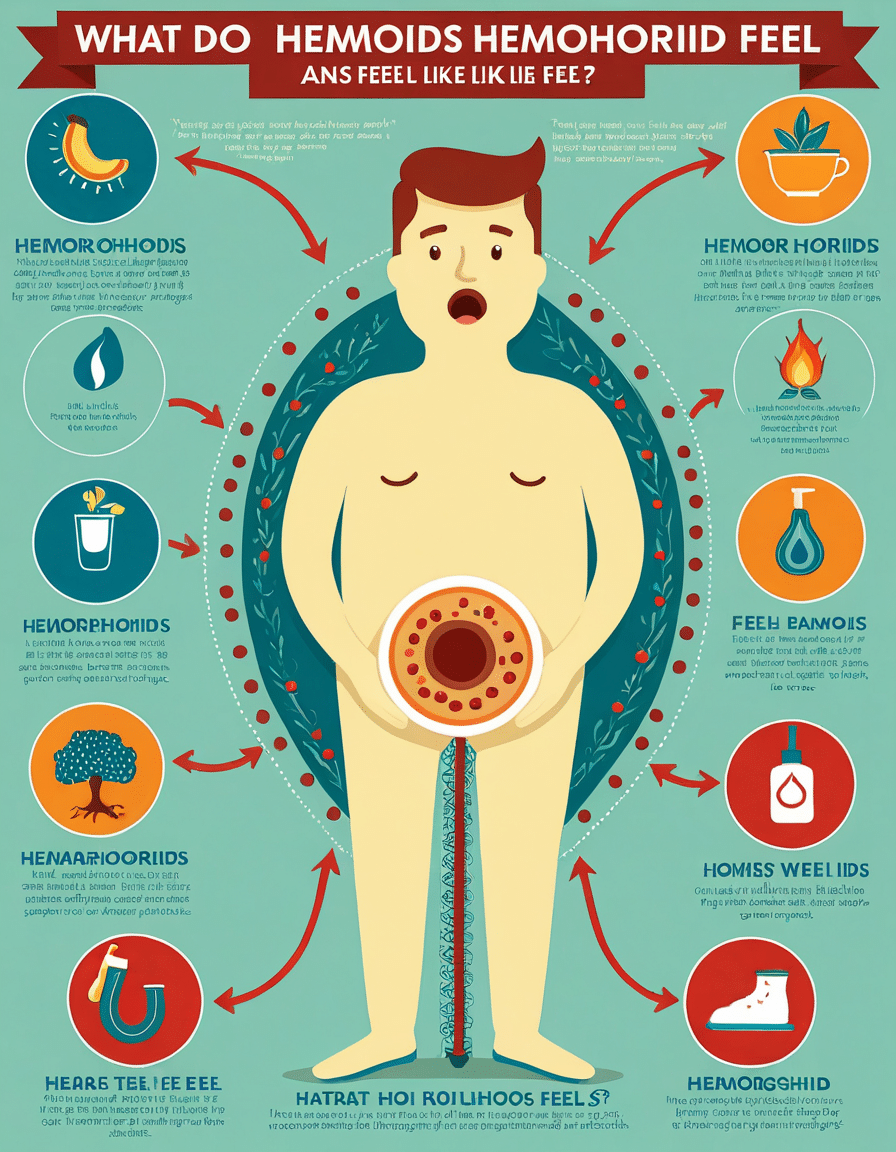When it comes to health, one question often pops up: Is food poisoning contagious? It’s a hot topic, and you might find yourself scratching your head, wondering about all the pitfalls of contaminated food. Education is key in this area. Armed with the right myths and facts, you’ll be ready to tackle foodborne illnesses like a champion. Let’s dive in!

1. The Basics: What Is Food Poisoning?
Food poisoning, folks, is an illness that arises from consuming contaminated food or beverages. The usual suspects? Bacteria like Salmonella, E. coli, and Listeria, as well as some nasty viruses like Norovirus. Symptoms include nausea, vomiting, diarrhea, and abdominal pain — all of which can kick in within hours to a few days after eating contaminated grub. While the term “contagious” often ties to illnesses like the flu, understanding the nature of food poisoning is crucial for your health game plan.
So, what does it really mean? Simply put, most folks think food poisoning is something you can catch from someone else, but that’s where the confusion creeps in. Let’s clear the air: it usually derives not from people but from contaminated food. Knowing what you’re dealing with helps keep you in shape—both physically and mentally.

2. Top 5 Myths About Food Poisoning Being Contagious
Myth #1: Food Poisoning Can Spread from Person to Person
Many believe that food poisoning is like the common cold, easily passed through close contact with an infected person. In reality, most food poisoning cases come from bad food, not bad company. While some germs, like Norovirus, can spread through contact, the bulk of the issue is the food itself.
Myth #2: Handling Contaminated Food Makes Me Contagious
Many think that just touching contaminated food makes them contagious. Not true! Handling tainted food doesn’t mean you’ll spread it around. All you need is to wash your hands properly after dealing with raw meats or any suspect food items. Good hygiene is your best defense!
Myth #3: Symptoms Mean You Can Pass It On
Experiencing symptoms from something you ate doesn’t mean you’re contagious. For instance, Salmonella can stick around for weeks, but it doesn’t jump from person to person once symptoms subside. If you keep your hygiene game strong, you’re not going to turn into a walking health hazard.
Myth #4: All Foodborne Viruses Are Contagious
It’s easy to assume all foodborne viruses act like Norovirus, which is contagious. However, that’s not the case. Various germs have different behaviors, and most bacteria just want to hang out in your stomach, not pass from person to person. Knowing your pathogens makes a massive difference in how you handle food safety!
Myth #5: Contaminated Food Makes Everyone Sick
Not every person who eats bad food gets sick. Why? Individual immune responses play a role. For example, with E. coli, only a small portion of those exposed will experience symptoms. So, while you might think everyone in the group gets hit, that’s not the reality.

3. Real-Life Examples of Contagious Foodborne Illnesses
Now, don’t let this all sound too reassuring; contagious foodborne illnesses do exist. A notable example would be outbreaks associated with certain events like those linked to Jimmy John’s sandwiches in 2023. It demonstrated how quickly Norovirus can spread when hands, surfaces, and food don’t get the sanitation love they need. These situations reinforce the importance of awareness around food handling—both for your health and your pump.

4. Expert Insights: When Is Food Poisoning Contagious?
To get a grip on whether food poisoning is contagious, we turned to the science. Leading microbiologist Dr. Julie Albrecht makes it clear: “Contaminated food doesn’t spread like a respiratory infection. Most foodborne illnesses require direct contact or specific conditions to transmit.” This statement highlights how closely we need to monitor food—not just those around us. Knowledge is your best weapon against illness!

5. Is Herpes Curable? Drawing Comparisons
You might wonder how conditions like herpes fit into the discussion of contagion. Unlike many foodborne illnesses, herpes is a viral infection that sticks around for life. There’s no cure. The difference in treatability between various pathogens illustrates how diverse the illness spectrum is. Understanding your body’s odds against these infections can help alleviate some fears.
Innovative Wrap-Up: Understanding the Reality of Foodborne Illnesses
As we cruise through 2026, it’s vital to separate fact from fiction about foodborne illnesses. Awareness and smart food handling can go a long way towards improving public health—and your performance at the gym! Is food poisoning contagious? While certain pathogens can spread, most cases stem from contaminated food, not handshakes.
So, arm yourself with knowledge and practice good hygiene—your body and your six-pack will thank you for it! If you wanna really get shredded and embrace a lifestyle of peak health, staying educated is one of the best ways. Remember, champions know what to watch for and how to handle it. Stay strong out there!
Let’s put in the work, ensure your fitness game is up to par, and continue striving for excellence in both health and physique. You got this!
Is Food Poisoning Contagious?
Food poisoning can be a slippery slope! Many people wonder, “Is food poisoning contagious?” and the answer may surprise you. While foodborne illnesses themselves aren’t contagious, they can create confusion. For instance, viruses like norovirus can spread from person to person through contaminated surfaces or shared food, but that’s a different ball game. Think of it like that classic “Ain’t no mountain high enough” song, where foodborne bacteria might set your health downhill, but that doesn’t mean you can catch it like a cold. Take a moment to ponder the surprising tales from the kitchen—did you know that some exotic ingredients like purple yam can harbor bacteria if not prepared properly?
Eating Out and the Risk Factor
When you’re digging into that meal at places like Tropical Grille, consider how safe your feast is. With busy kitchens and lots of visitors, the risk of cross-contamination is a real concern. Ever hear of soursop fruit? It’s tasty but can be risky if not handled well! That zest for flavors can quickly turn sour if guidelines aren’t followed. So, when you think about food poisoning and whether it’s contagious, realize that it’s not just about what’s on your plate. It’s crucial to wash your hands and stay informed about food safety practices. Being in the loop, folks can avoid foodborne illnesses—after all, it’s sickening to think of being bedridden!
Misunderstandings and Fun Facts
Here’s a fun little nugget for you: many myths float around about food safety. For instance, some people believe wearing a Ralph Lauren sweater while cooking can keep foodborne germs at bay—spoiler alert, that’s not how it works! And did you know that a simple act like sharing a recipe for a dish with substitutes can lead to potential food safety issues? It’s wild! Even seasoned cooks can mishandle ingredients without realizing it. Therefore, understanding “is food poisoning contagious” is vital. It’s all about practicing safe habits and knowing when that fancy dinner could lead to disaster. Remember, knowledge is power, and with a little awareness, you can enjoy food without the fear of anything lingering around!



























